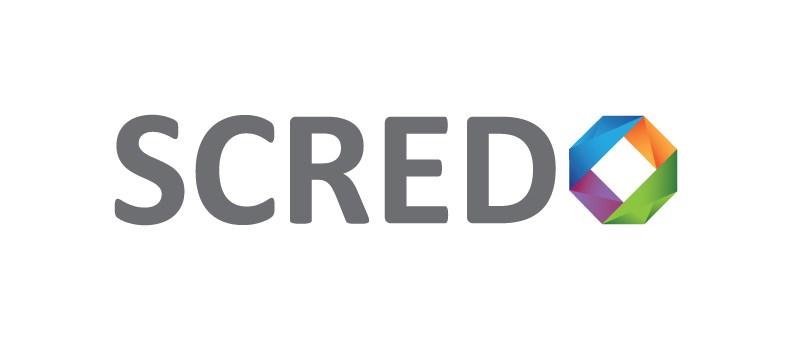The Sunshine Coast Regional Economic Development Organization (SCREDO) is undergoing “significant organizational change” as it gets ready to start the final year of its service agreement with local governments.
In its latest progress report and 2019-20 annual plan, SCREDO board chair Dave Chisholm, who is stepping down, confirms that program manager Chris Hergeshiemer will also be leaving and “multiple long-time directors are stepping down.”
“While the board will retain some established directors with organizational memory, a new strategic plan, new executive director, and a new executive committee will provide fresh energy and ideas to keep the organization invigorated,” Chisholm wrote in the message from the chair.
The new leadership will also have to take SCREDO into talks on renewing its service agreement with local governments, which contribute a combined $291,865 in yearly funding.
The current agreement expires at the end of 2020 and during a presentation to Sechelt council in July, Chisholm said the SCREDO board is hoping to meet with government representatives sometime in the fall, in keeping with the agreement’s clause calling for such a meeting “one year prior to the expiration.”
The annual plan includes an overview of the Sunshine Coast economy that notes while Vancouver Coastal Health, Howe Sound Pulp and Paper and Lehigh are still among the largest employers on the Coast, “sectoral shifts are underway, marked by a trend away from traditional jobs in resource industries to those of the knowledge economy.”
According to SCREDO, the number of people on the Sunshine Coast who work from home or list no fixed business address is nearly 30 per cent, which is 12 per cent higher than the provincial average of 18 per cent.
SCREDO has cited that shift as one of the reasons for taking over and expanding the Fuse Work Hub “to provide support services for knowledge workers and startups.” Fuse now has locations in Gibsons, Sechelt and Pender Harbour and the organization estimates it could bring in $40,000 in revenue during the Sept. 1, 2019 to Aug. 31, 2020 program year.
The “Business Round-Up,” a survey of economic activity on the Coast, has been a major project for SCREDO since its launch and the progress report said the organization now has enough data for “a base level understanding of the state of the business community as well as having ascertained specific insights into their opportunities and challenges.”
One of those challenges is labour, which SCREDO’s report said is “intrinsically connected” to access to housing, an issue it plans to address through a recently established Coastal Workforce Housing Society.
SCREDO also said the ongoing work of the immigrant investor program, part of the new Provincial Nominee Program launched in March to attract entrepreneurs from around the world to establish businesses in rural communities, has turned up another potential challenge – availability of land for business use on the Coast.
SCREDO said it will be “researching the issue and preparing a briefing document with recommendations” as part of the 2019-20 plan.
The full report is available at www.scredo.ca



